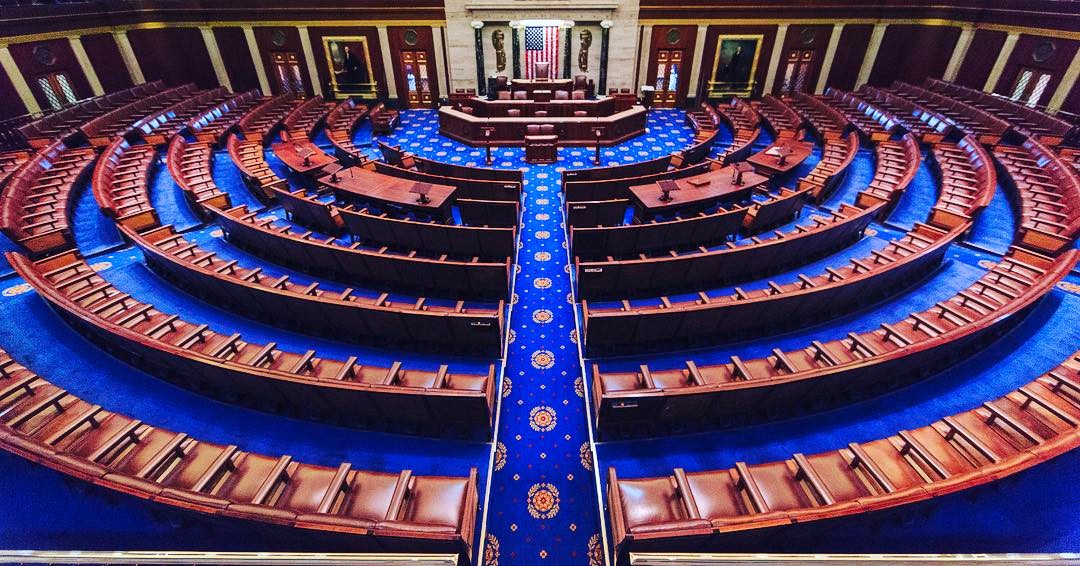Press releases
Senate hearing shows bipartisan consensus for updating the Electoral Count Act
Media Contact
Cory Combs
Director of Media Relations
 Credit: United States House of Representatives or Office of the Speaker of the House, Public domain, via Wikimedia Commons
Credit: United States House of Representatives or Office of the Speaker of the House, Public domain, via Wikimedia Commons
A pair of members of Issue One’s National Council on Election Integrity — one Republican and one Democrat — commended the Senate Rules Committee for conducting a robust and substantive hearing today on recently introduced bipartisan legislation to update the Electoral Count Act, the 19th century law that governs how Congress counts Electoral College votes every four years on January 6th.
“Today’s hearing reinforces that the Electoral Count Act of 1887 is an outdated and antiquated law that is in desperate need of revision,” said former Amb. Tim Roemer (D-IN), a former Democratic congressman who previously served on the 9/11 Commission. “The expert testimony before the Senate Rules Committee made it clear that there is broad bipartisan consensus to reform the Electoral Count Act. As it stands now, the Electoral Count Act is rife with arcane language and ambiguities. Updating the Electoral Count Act now will help prevent a constitutional crisis in 2024 and beyond.”
Added former Rep. Zach Wamp (R-TN): “Passing the bipartisan Electoral Count Reform and Presidential Transition Improvement Act will protect our country from a potential constitutional crisis and reaffirm that our elections are decided only by the voters. Defending the peaceful transfer of power should be an issue that transcends partisan politics. As Senator Susan Collins said today, ‘We have before us an historic opportunity to modernize and strengthen our system of certifying and counting the electoral votes for President and Vice President.’ Congress must seize this historic opportunity and pass this vital legislation before the next presidential election gets underway.”
The Electoral Count Reform and Presidential Transition Improvement Act was introduced last month by Sen. Susan Collins (R-ME) along with eight other Republican cosponsors and seven Democratic cosponsors.
